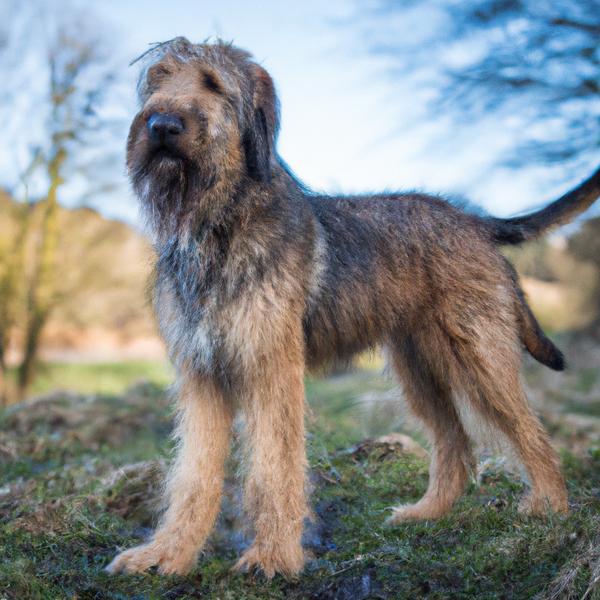Otterhound vs. Bernese Rottie: Breed Differences and Similarities
Hypoallergenic
Are Otterhounds or Bernese Rotties hypoallergenic, or neither?
Unfortunately, neither Otterhound nor Bernese Rottie are hypoallergenic, which may not make them the best choice for dog lovers who suffer from pet allergies.
Temperament
What are the personalities of Otterhound and Bernese Rottie dogs?
Amiable
Outright
Tempered
Boisterous
Independent
Protective
Alert
Courageous
Intelligent
Affectionate
Loyal
Fearless
Good-natured
Faithful
Shedding Level
Do Otterhounds shed more than Bernese Rotties, or which breed sheds more, Otterhounds or Bernese Rotties?
Otterhound or Bernese Rottie dogs are heavy shedders, they will lose a significant amount of hair each year. To decrease the amount of shedding, you can regularly brush your Otterhound or Bernese Rottie. This will remove loose hair and keep their coat growing in the same direction.
Watchdog Ability
Which dog breed makes a better watchdog, the Otterhound or Bernese Rottie?
Otterhounds aren't great guard dogs; they tend to just watch without taking action.
Bernese Rotties make excellent watchdogs - they're vocal and protective of their territory.
Ancestry
What are the origins of Otterhound and Bernese Rottie breeds?
griffon nivernais
Rottweiler, Bernese Mountain Dog
Breed recognition
Which kennel clubs recognize/register Otterhound and Bernese Rottie?
American Kennel Club
Australian National Kennel Council
Canadian Kennel Club
Continental Kennel Club
Federation Cynologique Internationale
Kennel Club of Great Britain
National Kennel Club
New Zealand Kennel Club
United Kennel Club
DRA = Dog Registry of America, Inc.
Date of Birth
When were Otterhound and Bernese Rottie breeds first developed?
1300s
Unknown
Litter Size
What is the usual litter size for Otterhound and Bernese Rottie?
An Otterhound can have a litter of 10-12 puppies on average. However, it's worth noting that the size of the litters can vary greatly. Factors that can influence litter size include the health of the mother, breeding history, and genetics.
A Bernese Rottie can have a litter of 1-14 puppies on average. However, it's worth noting that the size of the litters can vary greatly. Factors that can influence litter size include the health of the mother, breeding history, and genetics.
Adaptability
Otterhound and Bernese Rottie dogs generally have an average level of adaptability when it comes to adjusting to changes in lifestyle and different living environments compared to other breeds.
Health Issues
Between Otterhound and Bernese Rottie, which breed is more prone to health problems?
Otterhounds are susceptible to health issues like all breeds, so it's important to monitor their health and seek veterinary care when needed.
Bernese Rotties typically have low vet costs due to their good health, but it's important to monitor their health and seek vet care when necessary.
Major Concerns
What are the major health concerns for Otterhound and Bernese Rottie breeds?
Hip Dysplasia
Congenital Heart Defect
Hip Dysplasia
Osteochondritis Dissecans
Minor Concerns
What minor health issues should be kept in mind when owning Otterhound and Bernese Rottie?
Elbow Dysplasia
Thrombopathia
Elbow Dysplasia
Occasional Tests
What occasional tests are recommended for Otterhound and Bernese Rottie breeds?
Hip
Elbow
Blood
Blood Test
X-Rays
Physical Examination
Hip
Elbow
Skeletal
X-Rays
Physical Examination
Energy
How do the energy levels of Otterhounds and Bernese Rotties compare?
Otterhounds thrive on an active lifestyle due to their high-energy nature.
Bernese Rotties' high energy levels make them unsuitable for a low-key dog, choose accordingly.
Social Needs
Otterhound vs Bernese Rottie social needs comparison
Otterhound has average social needs and is less independent than other breeds.
Bernese Rottie has above average social needs and thrives with interaction with humans and other dogs.
Exercise Needed
Otterhound vs Bernese Rottie exercise need comparison.
Otterhounds need high physical activity and are ideal for active individuals, but not suitable for sedentary lifestyles or small apartments.
Bernese Rotties need moderate physical activity and are great for families and active individuals.
Sleeping Need
Which of the two sleeps the most/least: Otterhound or Bernese Rottie?
Otterhounds are active and require sufficient sleep to stay healthy.
Bernese Rotties sleep less than other breeds but still need adequate sleep for good health.
Tendency to Bark
Do Otterhounds or Bernese Rotties bark more/less frequently?
Otterhound and Bernese Rotties tend to bark moderately, they bark when necessary, such as to alert their owner or to communicate something. They may also bark due to certain triggers like fear, alarm, boredom, greeting, separation anxiety and compulsive barking.
Mouthiness
Mouthiness Comparison: Otterhound vs Bernese Rottie?
Roaming urge
Otterhound vs Labrador: Running away tendency?
Prey Drive
Otterhound or Bernese Rottie - which breed has a higher level of prey drive?
Past times
What are some enjoyable activities and ways to keep Otterhound and Bernese Rottie entertained?
Fishing, Go to Beach, Swim
Walking, Tug of war, Cuddleing, Fetch
Tolerance of being left alone
Grooming
Which breed is easier to maintain in terms of grooming, Otterhounds or Bernese Rotties?
Otterhounds require significant grooming, including regular trims and professional grooming assistance to maintain their coat. They may also require frequent bathing to keep their coat and skin healthy.
The Bernese Rottie has low grooming needs and is easy to maintain.
Intelligence
Comparing Intelligence: Otterhounds vs Bernese Rotties
Otterhounds are average in obedience intelligence but have a high IQ and may cause trouble if left unsupervised.
Bernese Rottie is a very intelligent and trainable breed.
Sensitivity Level
How do Otterhound and Bernese Rottie compare in sensitivity?
Otterhounds are adaptable and resilient, making them ideal for those seeking a less sensitive pet.
This breed is sensitive and requires gentle handling and a calm home environment.
Affection Dependance
Which is the more affectionate dog breed: Otterhound vs Bernese Rottie?
Apartment Friendly
Which breed is more apartment-friendly: Otterhound or Bernese Rottie?
The Otterhound is not suitable for apartments and requires a large yard to thrive. Pent-up energy in small spaces can lead to destructive behavior.
Bernese Rotties are good apartment dogs as long as they get enough exercise and stimulation outside of the apartment.
Child Friendly
Do Otterhounds or Bernese Rotties have a friendlier temperament towards children?
Otterhounds are good with kids if socialized and trained from a young age.
Bernese Rotties have an average level of friendliness towards children.
Senior-friendly
Which dog is more suitable as a pet for the elderly - Otterhound or Bernese Rottie?
Cat Friendly
Do Otterhound or Bernese Rottie breeds have a better compatibility with cats?
Otterhounds and Bernese Rotties are an average cat friendly dog. They do well with cats, even more if raised together from puppyhood.
Dog Friendly
Which breed is more sociable with other dogs: Otterhound or Bernese Rottie?
Otterhounds are average in their friendliness towards other dogs, and socialization can help.
Bernese Rotties are less friendly towards other dogs, but can improve with socialization.
Pet friendly
How do Otterhound or Bernese Rottie dogs interact with other pets?
Stranger Friendly
Which breed is more friendly with strangers: Otterhound or Bernese Rottie?
They can be below average friendly around strangers, being keen of eye and sharp of tongue, and very quick to announce strangers at the door. Once the visitor comes in, some Otterhound and Bernese Rottie may be friendly and outgoing, while others can be standoffish or suspicious towards strangers.
Playfulness
Which breed is more playful between Otterhound and Bernese Rottie?
Otterhounds are very playful, so adopting an older one might be a better option for a more relaxed experience.
Bernese Rotties have an average level of playfulness, enjoying playtime like most dogs but not excessively so.
Trainability
How do the trainability levels of Otterhounds and Bernese Rotties compare?
Otterhound and Bernese Rottie dogs are known for their ease of training and ability to learn quickly, making them a popular choice for pet owners and trainers alike.
Compare Otterhound with other breeds
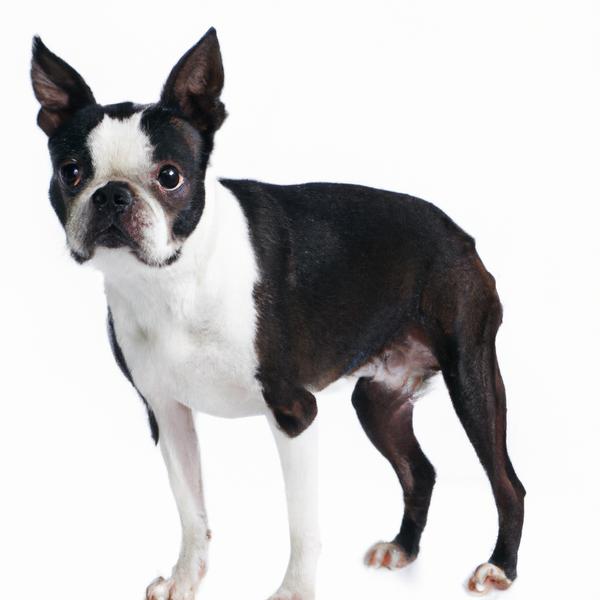
Boston Terrier
Otterhound vs Boston Terrier
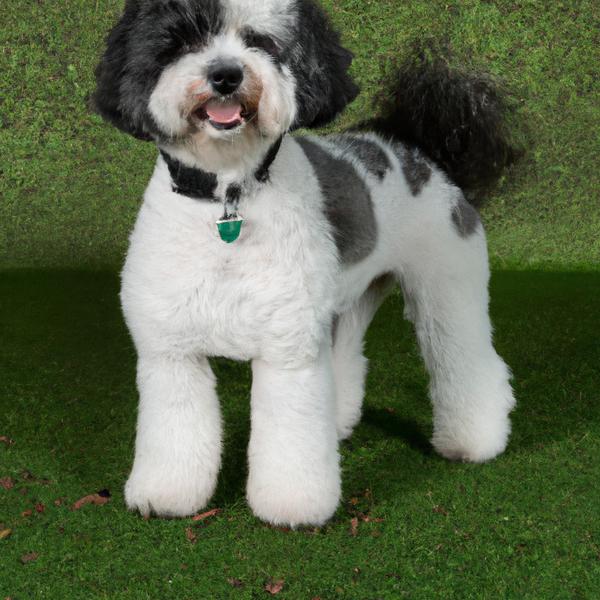
Bostchon
Otterhound vs Bostchon
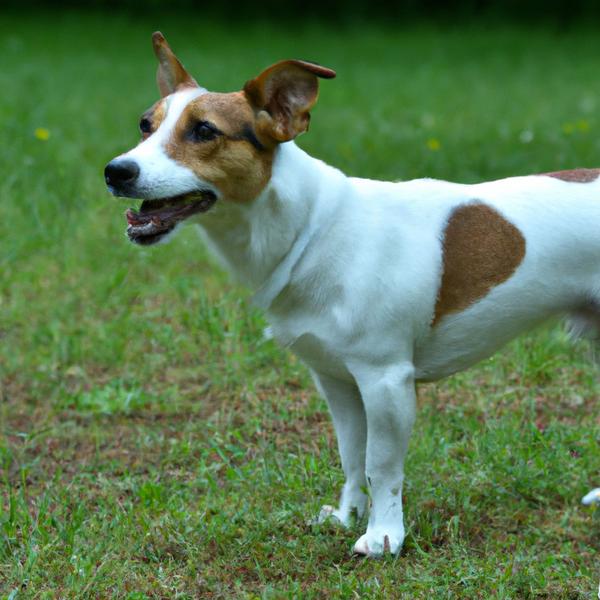
Jack-A-Ranian
Otterhound vs Jack-A-Ranian
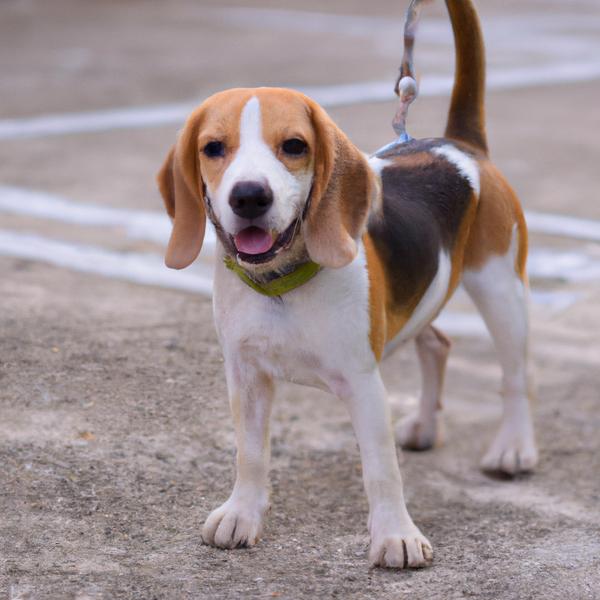
Beacol
Otterhound vs Beacol
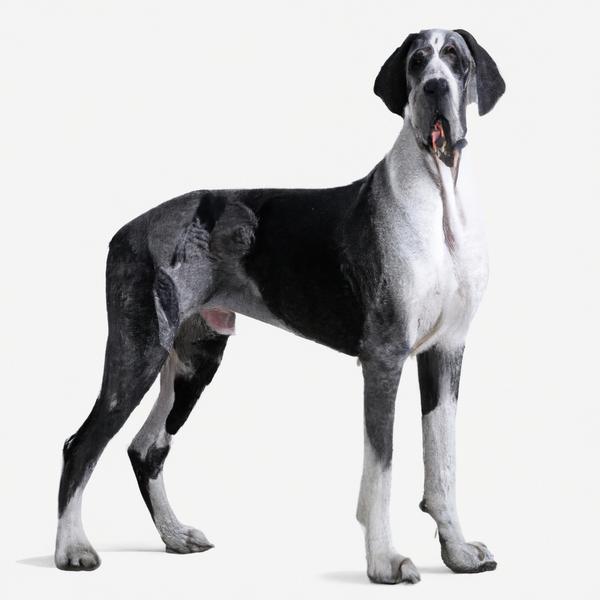
Saint Dane
Otterhound vs Saint Dane
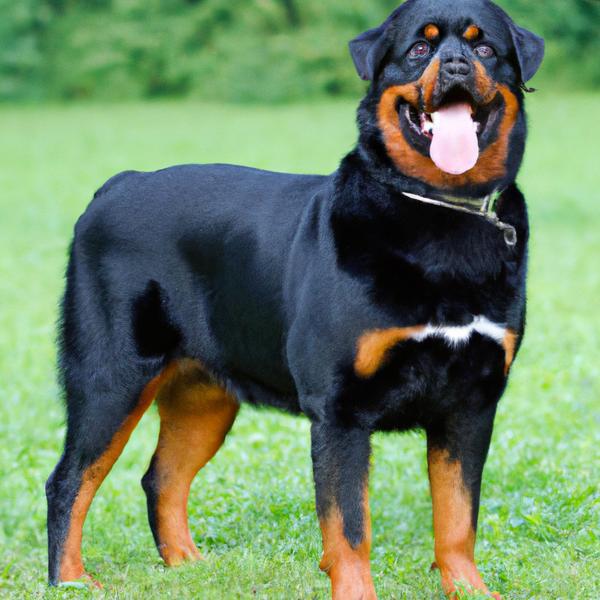
Bernese Rottie
Otterhound vs Bernese Rottie
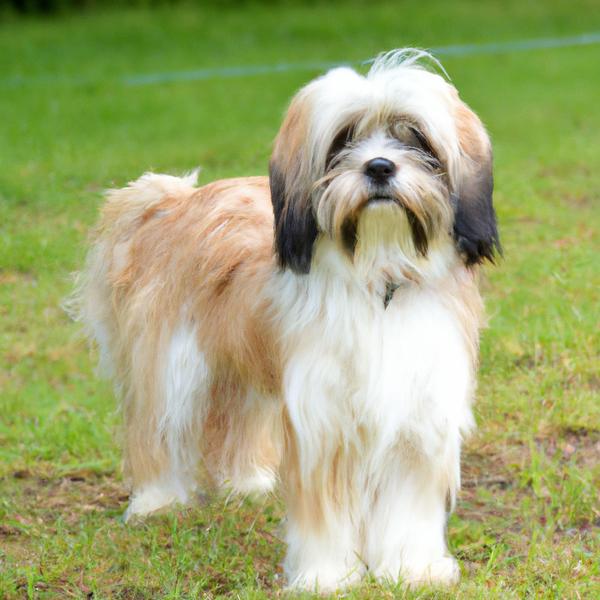
Malton
Otterhound vs Malton
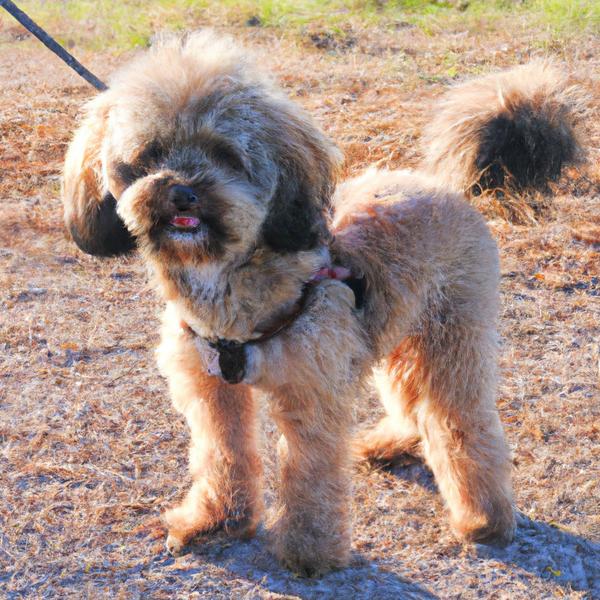
Poo-Ton
Otterhound vs Poo-Ton

Great Danoodle
Otterhound vs Great Danoodle
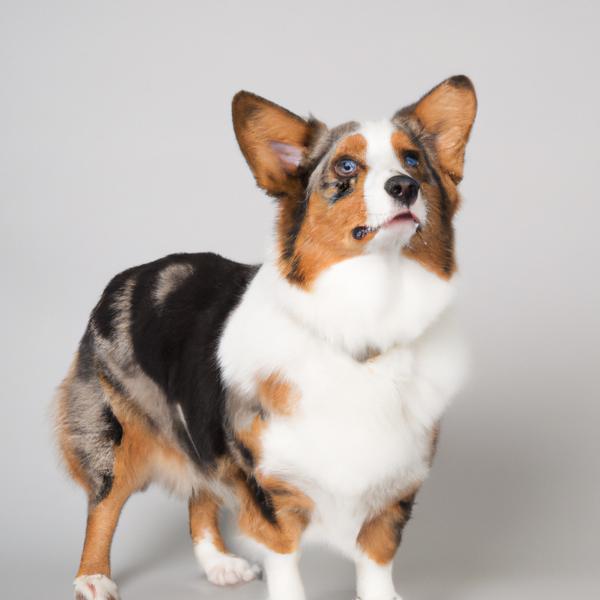
Aussie-Corgi
Otterhound vs Aussie-Corgi
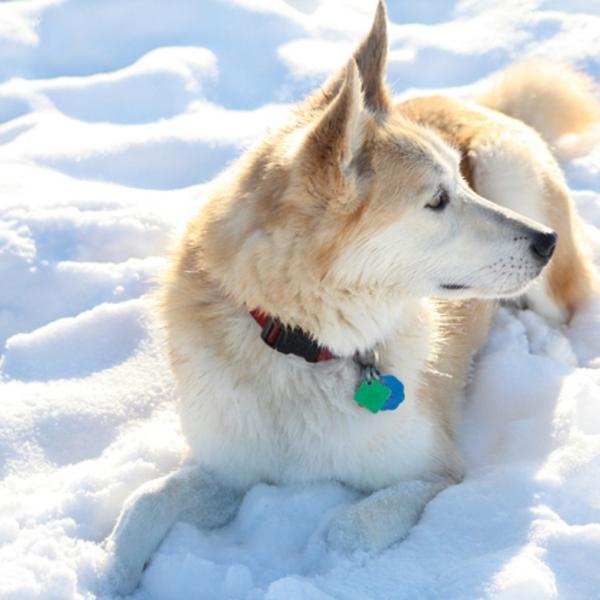
Labrador Husky
Otterhound vs Labrador Husky
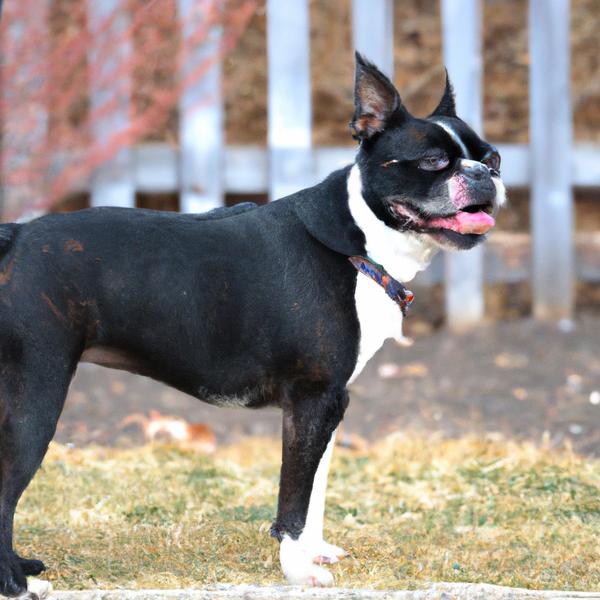
Bostie
Otterhound vs Bostie
